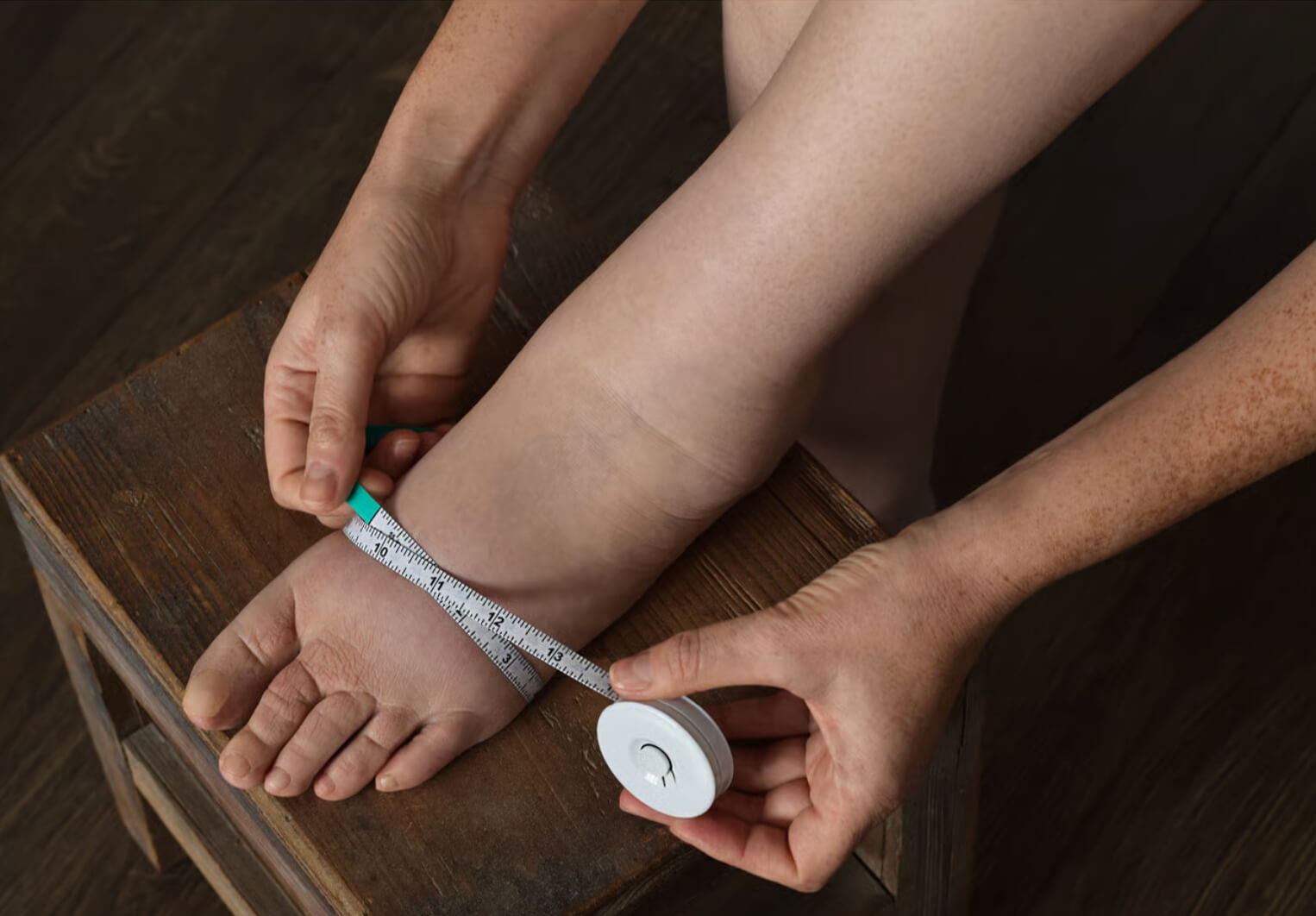Burning Mouth Syndrome: What Women Need to Know
That unexplained fiery feeling in your mouth? It could be a sign of Burning Mouth Syndrome.
.jpg)
“I feel like my mouth is on fire.” If you’re experiencing a burning, tingling, or scalded sensation in your mouth out of the blue (and you haven’t touched a hot beverage or spicy food), it could be Burning Mouth Syndrome (BMS).
This painful condition affects nearly 1.3 million Americans, but women are up to 7 times more likely (!) to be diagnosed than men. Risk spikes after menopause, putting women aged 50-70 in the crosshairs.
- Zoom In: For some, the burning sensation is mild and fleeting; for others, it can be severe and chronic, interfering with eating, speaking, and quality of life.
What’s frustrating about BMS for patients (and doctors) is that it isn’t always visible. For example, your tongue could look perfectly normal despite feeling like you've just chewed on 18 jalapenos.
But what causes it? And can we actually do something about it?
What Causes It?
BMS causes falls in two categories:
1) Primary (Idiopathic) BMS: This is nerve dysfunction affecting taste and pain signals. It’s considered a neuropathic pain condition, similar to migraines or peripheral neuropathy.
2) Secondary BMS: Triggered by an underlying factor. May include:
- Hormonal shifts around menopause (declining estrogen appears to affect the oral mucosa and taste nerves).
- Nutritional deficiencies (iron, vitamin B12, folate, zinc).
- Dry mouth from aging, autoimmune conditions, and medications.
- Food sensitivities (cinnamon, mint, acidic foods).
- Oral infections like thrush.
- Acid reflux.
For women above 50, hormonal changes tend to be the culprit. We usually think about estrogen decline causing hot flashes and bone loss, but it can also alter how your mouth perceives taste and pain.
What’s the Course
Unfortunately, it’s unpredictable.
For some women, symptoms last for months and then disappear suddenly. For others, they deal with years of fluctuating intensity. It’s a mix of good days and brutal ones.
The silver lining? BMS isn’t associated with oral cancer or progressive disease. While the burning can be distressing, it won't develop into something more serious.
Evidence-Backed Treatment Options
The prognosis depends on whether doctors can pinpoint and fix an underlying cause. For reversible causes:
- Nutritional deficiencies. Bloodwork can check for iron, B12, folate, and zinc levels.
- Dry mouth. Sugar-free gum, artificial saliva, or prescription medications that stimulate salivary flow (like pilocarpine).
- Oral infections. Treating thrush or other infections may provide relief.
But when the cause is primary or neuropathic? The focus shifts to symptom management:
- Topical therapies. Lidocaine rinses, capsaicin rinses (yes, the compound in chili peppers), and clonazepam lozenges.
- Systemic medications. Low doses of certain antidepressants (tricyclics or SSRIs) or anticonvulsants (like gabapentin).
- Cognitive-behavioral therapy (CBT). Evidence suggests CBT can reduce pain perception.
- Hormone replacement therapy (HRT). Some studies suggest estrogen therapy may help in post-menopausal women, though it must be weighed against risks and benefits.
“Could Alpha-Lipoic Acid Be a Potential Treatment?”
There’s been growing interest in alpha-lipoic acid (ALA) as a potential treatment.
Several trials (mostly in Europe) found that 600–800 mg per day of ALA reduced burning sensations in about 50-60% of patients compared to the placebo groups.
The theory is that ALA (which is a powerful antioxidant) may help by improving small-fiber nerve function and reducing oxidative stress, since BMS is thought to have a neuropathic component.
- “Are there side effects?” ALA is generally well-tolerated. However, it can cause nausea, rash, or, rarely, hypoglycemia in people with diabetes on certain medications.
That said, other trials have shown no benefit, and major professional societies don’t list it as a first-line treatment. But it’s a low-risk option that may be worth a shot.
What You Can Do
If you’re experiencing BMS:
- See your physician or dentist. An evaluation is needed to rule out secondary causes.
- Ask about bloodwork. Checking for vitamin and iron deficiencies is often illuminating.
- Track your symptoms. Keep a diary noting foods, stress, and medications, and notice when patterns emerge.
- Don’t ignore dry mouth. Even mild dryness can amplify symptoms. Hydration and saliva support matter.
- Advocate for yourself. Because the mouth often looks normal, BMS can be dismissed. If it’s affecting your quality of life, push for answers.
Talk with your healthcare team. Relief may be closer than you think. (And I am sorry you are experiencing this!)


